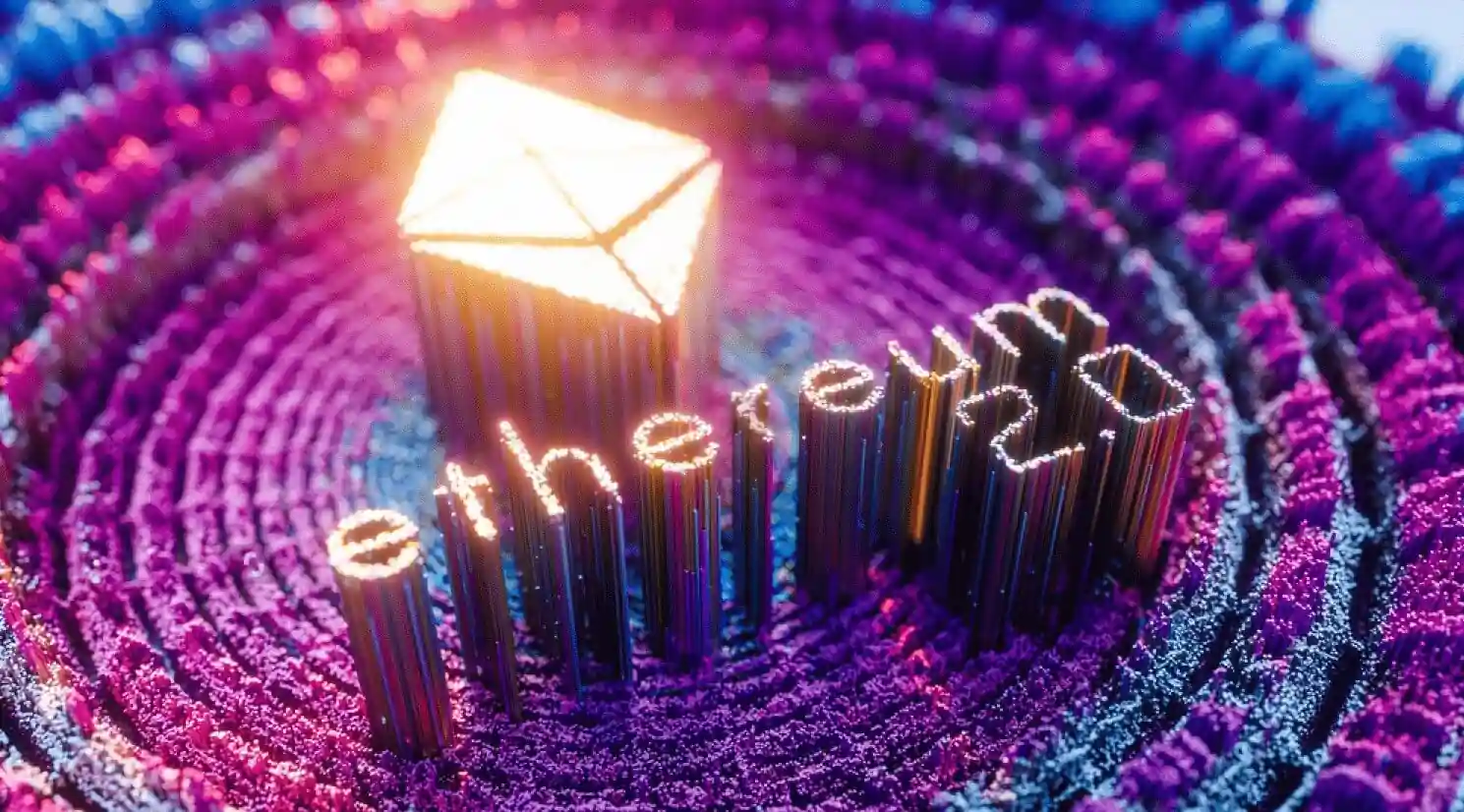Cryptocurrency has been a rapidly growing industry in recent years, and Ethereum is an increasingly popular one to invest in. It is the second-largest cryptocurrency by market cap, right behind Bitcoin. So, what is Ethereum, how it works, and how does it differ from Bitcoin? This blog post will introduce Ethereum and explain what makes it distinct from Bitcoin. We'll also discuss why people invest in Ethereum and its potential. Read on to learn more about this game-changing crypto currency!
History of Ethereum
Ethereum is a decentralized platform that runs smart contracts: applications that run exactly as programmed without any possibility of fraud or third-party interference. Ethereum is different from Bitcoin in several vital ways. First, Ethereum's blockchain can be used to build decentralized applications. Second, Ethereum has a built-in programming language that allows more complex contracts and applications than Bitcoin. Finally, Ethereum's mining process differs from Bitcoin, giving Ethereum an advantage in terms of transaction speed and security. Ethereum was first proposed in 2013 by Vitalik Buterin, a Russian-Canadian programmer who was just 19 years old. Buterin had been involved in the development of Bitcoin since 2011 and was frustrated by the limitations of the Bitcoin protocol. He proposed creating a new platform that would be more flexible and would allow for more complex applications. The Ethereum protocol was launched in July 2015 with 72 million Ether coins pre-mined for early developers and investors. Since then, Ethereum has become the second-largest cryptocurrency by market capitalization, with a total value of over $155 billion as of January 2023.
What is Ethereum?
When it comes to cryptocurrency, Ethereum is the next big thing. While Bitcoin has been around for a while and has become somewhat of a household name, Ethereum is only now beginning to gain traction. So, what is Ethereum? Simply put, Ethereum is a decentralized platform that runs smart contracts. These smart contracts are applications that run precisely as programmed without any possibility of fraud or third-party interference. What makes Ethereum different from Bitcoin? For one, Ethereum is much more than just a digital currency. It's a decentralized platform that can be used to build distributed applications. Secondly, Ethereum has its programming language, which allows developers to create smart contracts and other applications that can run on the Ethereum network. Finally, unlike Bitcoin, which is limited to 21 million coins, there is no limit to the amount of Ether that can be mined.

How Ethereum Mining Works
In the Ethereum network, miners compete to solve complex mathematical problems to validate transactions and create new blocks. The first miner to solve the problem would get to validate the block and earn a reward. This process is called proof-of-work (PoW), and many blockchain networks, including Bitcoin, use it. However, Ethereum has recently transitioned from a PoW consensus mechanism to a proof-of-stake (PoS). In a PoS system, validators stake their Ether (ETH) to validate transactions and create new blocks. The validator's stake serves as collateral; if they act dishonestly, they stand to lose their stake. This incentivizes validators to act honestly and helps to secure the network. The unsustainable energy requirements of traditional blockchain mining necessitated the transition to proof-of-stake (PoS). PoS is more energy-efficient than PoW, as it does not require miners to use energy-intensive hardware to solve complex mathematical problems. So, to summarize, Ethereum mining involves complex mathematical problems to validate transactions and create new blocks. Still, it is no longer possible due to the transition to proof-of-stake. Now, validators stake their Ether to validate transactions and create new blocks, and the process is called proof-of-stake.
What is a Smart Contract?
A smart contract is a digital contract that is stored on the blockchain. Smart contracts are written in code and can be executed automatically. Ethereum is a decentralized platform that runs smart contracts. Ethereum is different from Bitcoin because it was designed to be programmable. Bitcoin is a digital currency that can be used to buy and sell things. Ethereum is a platform that can be used to build decentralized applications.
What are Decentralized Applications?
Decentralized applications are often compared to traditional web-based applications because they have many of the same features and use cases. However, decentralized applications have a few key advantages over their centralized counterparts. First, decentralized apps are powered by blockchain technology, which makes them more secure and resistant to tampering. Second, since they're decentralized, they're not subject to the whims of any one entity (like a government or corporation). This gives users more control over their data and Privacy. Finally, decentralized apps can be used by anyone in the world with an internet connection, regardless of their location or economic status. This makes decentralized apps compelling tools for social good. For example, a decentralized app could be used to create a global voting system that's tamper-proof and accessible to everyone. Or it could be used to develop a new financial system that's more inclusive and resilient than our current one. The possibilities are endless!
How is Ethereum Different from Bitcoin?
There are a few key ways Ethereum differentiates itself from Bitcoin. The most significant difference is that Ethereum is Turing complete, meaning it can support any computation. This makes Ethereum far more versatile than Bitcoin, which is only suitable for processing financial transactions. Ethereum is a decentralized, open-source blockchain platform that enables the creation of smart contracts and decentralized applications (dApps). Ethereum is different from Bitcoin in several ways:
- Purpose: While Bitcoin was designed primarily as a digital currency, Ethereum was developed as a decentralized platform allowing developers to build and deploy various decentralized applications (dApps).
- Programming language: Ethereum has a built-in programming language called Solidity, which allows developers to build smart contracts and Apps on the Ethereum platform. In contrast, Bitcoin does not have a built-in programming language and relies on scripts to build applications.
- Consensus mechanism: As you mentioned, Ethereum has recently transitioned from a proof-of-work (PoW) consensus mechanism to a proof-of-stake (PoS) consensus mechanism. In a PoW system, miners compete to solve complex mathematical problems, and the first one to solve the problem gets to validate a block and earn a reward. In a PoS system, validators stake their cryptocurrency (Ether) to validate transactions and create new blocks. The PoS system is more energy-efficient than PoW.
- Token: Ethereum has its cryptocurrency called Ether (ETH), which is used to power the Ethereum platform and to pay for transaction fees and other services on the network. On the other hand, Bitcoin has its cryptocurrency called Bitcoin (BTC).
- Block time: The time it takes for a new block to be added to the blockchain is called block time. The block time for Bitcoin is 10 minutes, while the block time for Ethereum is around 15 seconds. This means that Ethereum can process transactions faster than Bitcoin.
Conclusion
Ethereum has become a trendy alternative to Bitcoin due to its vast potential and usability. It is quickly becoming the choice for many developers, entrepreneurs, and businesses. Ethereum offers a wide range of services unavailable on Bitcoin, such as smart contracts, decentralized applications (dApps), and more. With so much innovation happening in the blockchain space, Ethereum looks set to continue its rapid growth over the coming years.







